Get In Touch
hello@untangld.co
Get In Touch
hello@untangld.co
Follow
|
LinkedIn

We use cookies to make sure you have the best experience on our website. Fear not, we don’t sell your data to third parties.

Because it felt like strategy planning wasn’t just a job; wasn’t even just a career – as I pored over interviews with famous strategists, I just knew that the skills it built were, in effect, a rare pathway to enlightenment.
Seven, almost eight years on, I’m in it. In the thick of it. And as tends to happen, once you’re in it, doing the things you put on a pedestal and doing them day in, day out, the romance dies a little bit. You gain efficiencies but lose some magic. You get the seven-year itch.
Recently I met some people on the cusp of their own strategy planning careers and one of them asked me a question I couldn’t answer on the spot: What are the unexpected skills I’ve found myself with?
This is a very good question. And so, here are five things being a strategist has taught me, in contrast with five things I thought it would.
I don’t think I’m alone in having obsessed over the idea of becoming some all-seeing, all-knowing empath, able to understand people better than they could possibly understand themselves. I would do this by acquiring the Knowledge of How People Tick, which is the quasi-mystical, wide-eyed way new strategists tend to talk about the insights part of this job.
Don’t get me wrong – fresh, true insight is highly valued in this game, and yes, it is personally stimulating; the reward for your curiosity. What I didn’t understand before, though, is how the pursuit of insight changes you. When I think about how I used to think about insights, I cringe at the self-centredness. To extract insight from a person, it follows that you need to connect with them. You need to become a chameleon, wielding empathy and social codes to find common ground. And if you can get good at this, then you get the insight.
You will be told (in fact almost comically often) that good strategists can “connect the dots”. I initially took this to mean constant moments of profound realisation; synapses firing full-time like. Thankfully the reality is somewhat less exhausting: it means you’ve gotta think with discipline. Insight is no good without implication, and you need to land on the answer that solves not just one challenge, but the intersecting ones of business, brand, consumer and context.
Also in reality: sometimes you don’t get to have all the dots. So to use another metaphor I like, I’ve learnt that being a strategist also teaches you to read between the lines. You become attuned to cues, sensitive to context and able to extrapolate it all out to find meaning. At worst, you’re never empty-handed because at least you have A Hypothesis. But at best, you take the leap to a great strategy that was just out of the reach of linear thinking.
If you’re aiming for a creative agency, you think you will learn to appreciate and interrogate creative work and look forward to being let in on all the magic. I remember the first internal creative review I ever attended. It was for Krispy Kreme in the front boardroom of Leo Burnett and at the end of it, I think I stammered a compliment that couldn’t possibly have done those doughnuts justice.
Spending your time around all that creative, though, will give you more than you bargained for. What you don’t realise is that you’ll get good at recognising patterns in the work – which is handy for breaking down the category conventions of repetitive automotive advertising or deciding that a brand that’s been downplaying itself as The Everyman should wake up and start acting like The Hero. The analytical brain is never fully off; you can’t unsee the archetypes and the tropes hit differently.

Me watching movies
There’s a fine line between strategist and boffin, and in the early days of my career, I trod it, dedicating myself to finding the truth about weeknight dinner stress and life’s other mysteries with almost academic rigour. But as I mentioned before, strategists need to be able to converge after they diverge, and sometimes they need to be able to take the next, unspoken step in the process: post-rationalisation.
It was never about the truth. But it doesn’t have to be about the post-rationalisation, either. No, it’s about how you are going to tell the truth in a way that clinches it. In making your point, you learn to get quick at isolating the fact that’s going to stop them in their tracks. This has application beyond the workplace. With great power comes great responsibility.
The variety was the easiest sell. I would dive deep into many and varied businesses and become a multi-subject matter expert equally at ease discussing the psychology of underwear choices and the investment habits of working-class parents. Infinite knowledge would come at me. And in the process, I would become an Interesting Person.
Well, I’m still deep-diving as we love to say, and it has been fascinating. Sometimes I have an out of body experience when I’m talking about something like carbon removal and think, who are you?
But here’s something I’ve learnt. I have to be careful how I put this. Your job can be interesting, but you’re not just your job, so it’s not what makes you interesting. You can be interesting despite it, and you can also be boring. But if you are interesting, give yourself some credit and claim correlation, not causation.
***
While discerning readers will note I’ve passed over deck design, How to fudge design skills felt like it would have taken this piece in a bit of a different direction. But! Without a doubt this is a very personal selection of learnings and if you’re a strategist reflecting on your own top five, why not keep this meditation going in the comments? The beauty of this strategy job, I think, is precisely that: the hidden depths that keep us growing; not, as first thought, the ability to know it all.
By Lauren Stoeckel
Photo credit: Sasha Rainbow

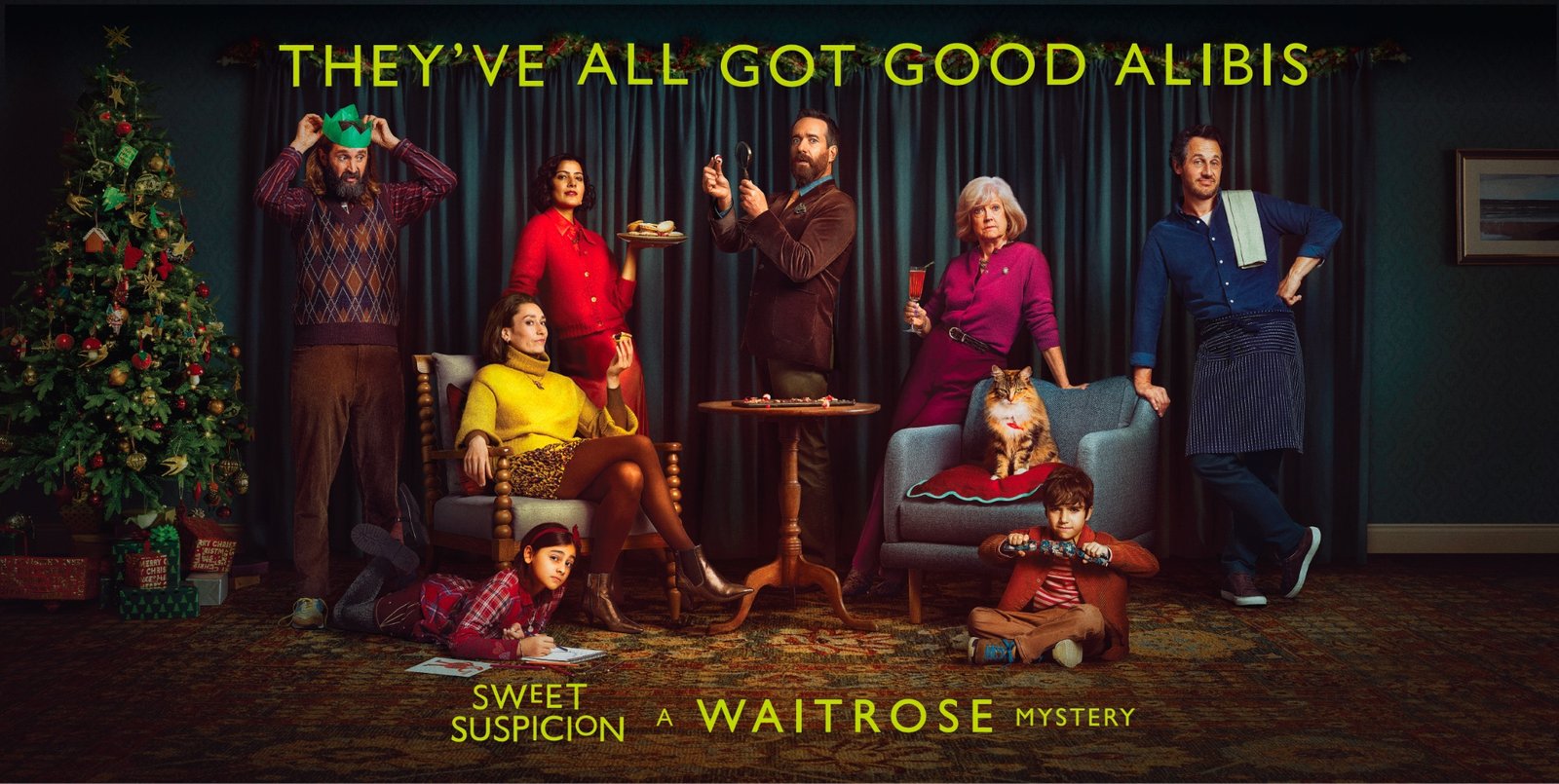

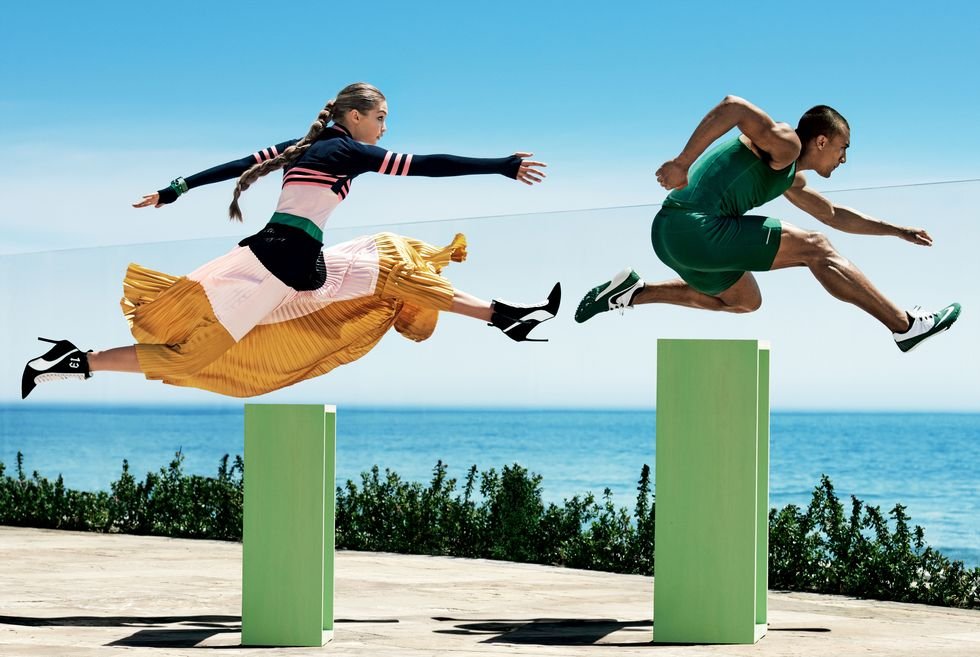
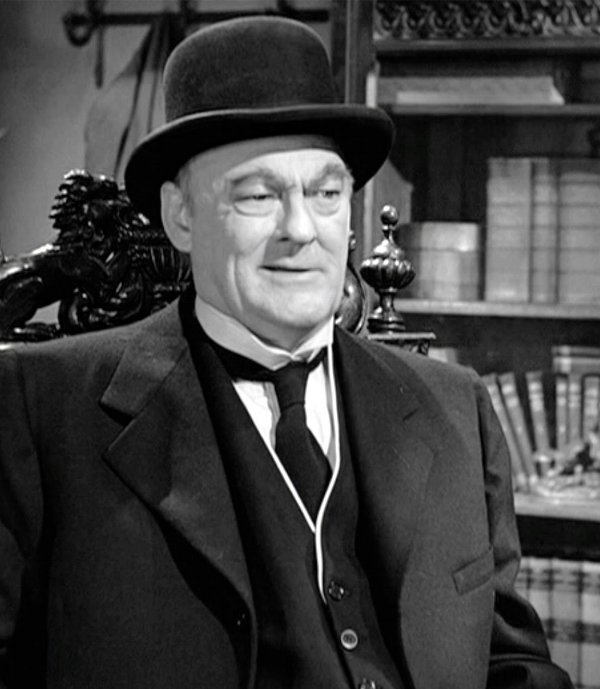
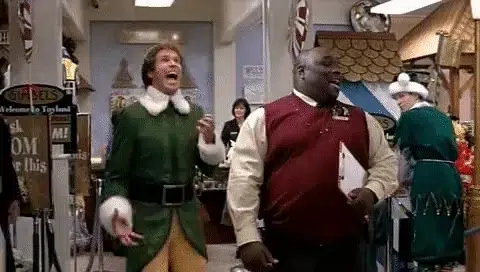
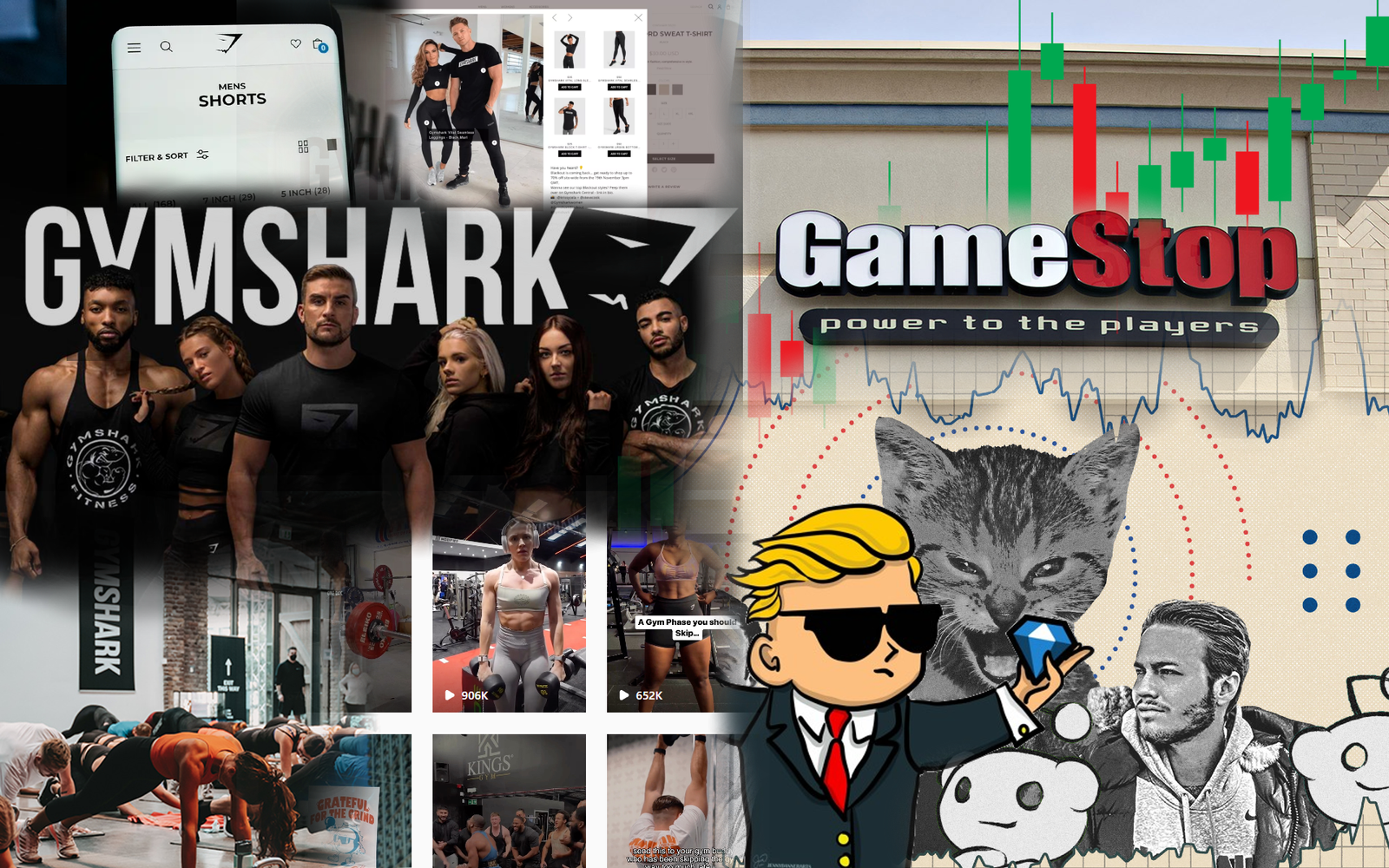
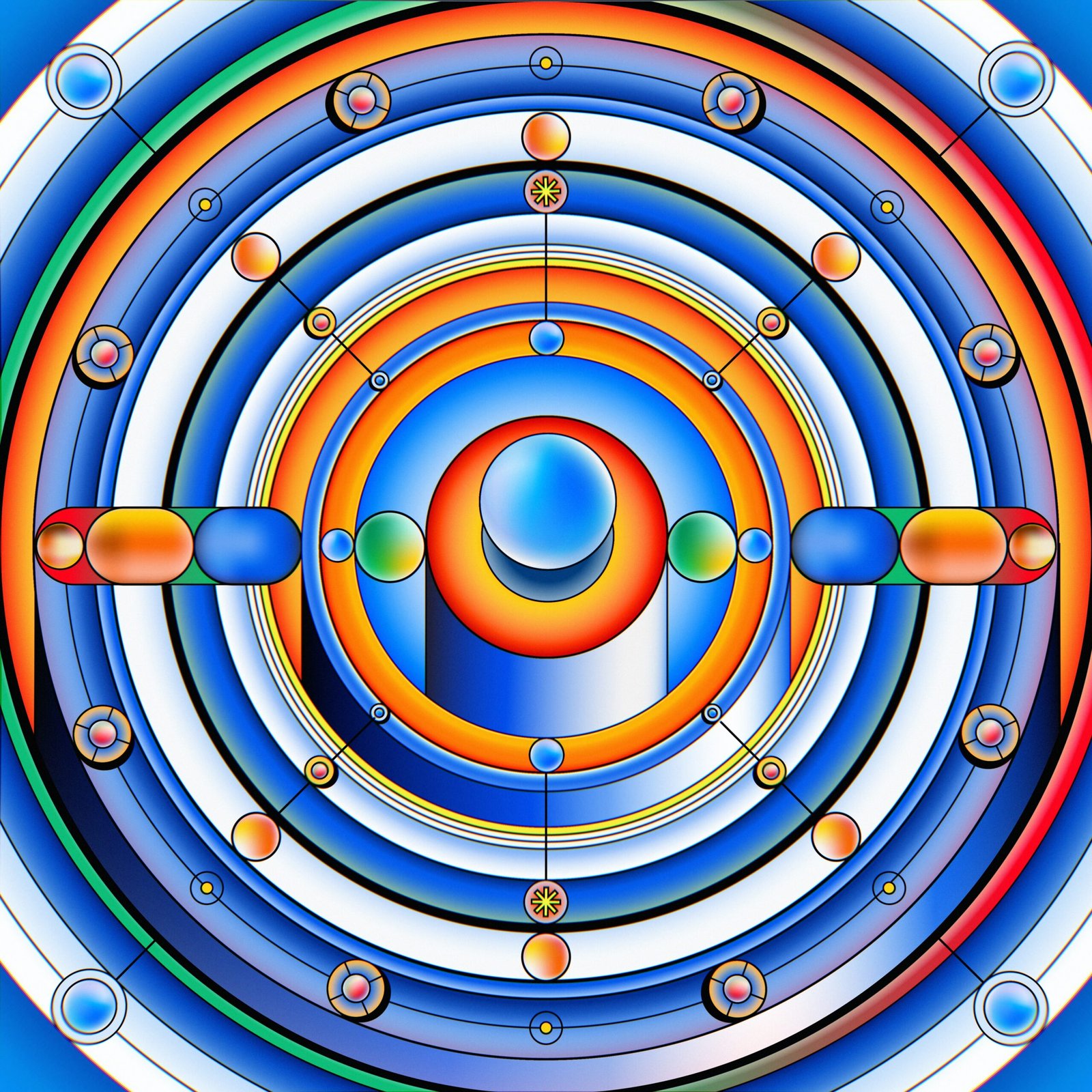


→ As a strategist, Lauren has honed and grown her craft across multiple network agencies, leading the strategic charge on brands such as Monash University, Public Transport Victoria, Defence Force Recruiting, Bonds and 7-Eleven. An advocate of an audience-first approach, Lauren enjoys the pursuit of new insight and counts brand and comms strategy, consulting, and understanding data among her strategic skills.
